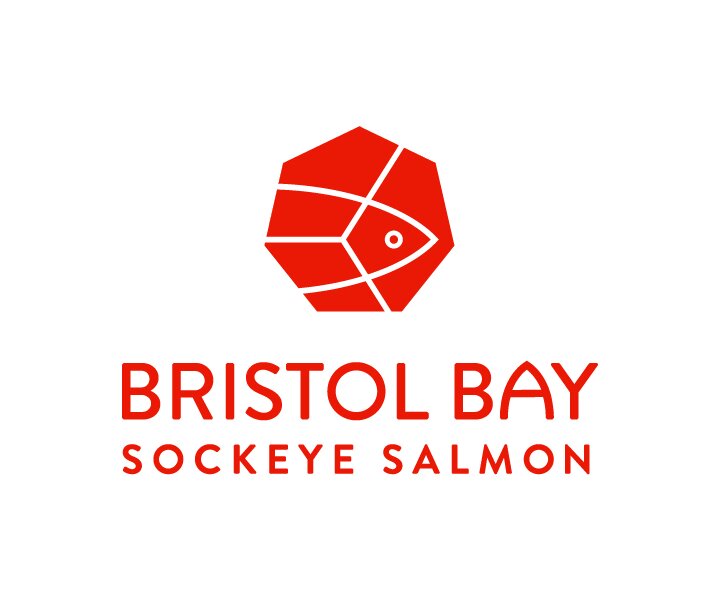Answers to FAQs About the AK CARES Act
/UPDATE: The application period for the AK CARES Act closed September 15, 2020 when the program became oversubscribed.
A description of the Alaska CARES Act program and information about other COVID-19 financial assistance can be found on the COVID-19 AID page.
1. Are nonresident fishermen going to be eligible, if all they have is a CFEC permit as a sole proprietorship?
Answer: Residency is not a requirement, but the commercial fishermen does have to engage primarily in Alaskan fisheries to be eligible.
The eligibility criteria for Commercial Fishermen is as follows: Commercial fishermen impacted by COVID-19 who held and fished a Limited Entry Permit or Interim Use Permit issued by the Commercial Fisheries Entry Commissioner (CFEC) and meet the following criteria:
• Fishermen who held a Limited Entry Permit or Interim Use Permit in 2019 and 2020, including an embossed gear card, and participated in an open fishery that produced income in 2019.
• Exception: Card Holders who purchased a Limited Entry Permit for the first time in 2020 must have been a crew member in 2019 that actively participated in an open fishery in Alaska to be eligible.
• Exception: Card holders who emergency transferred their permit in 2019, and are actively fishing in 2020 are eligible.
• Exception: The temporary permit holder who held Limited Entry Permit(s) by emergency transfer are eligible.
• Fishermen who engage primarily in Alaskan fisheries.
• Fishermen whose primary business is commercial fishing.
• Fishermen with, on average, 50 or fewer full-time equivalent employees.
• Fishermen that received a total of $5,000 or less from the U.S. Small Business Administration (SBA) Paycheck Protection Program (PPP) or the SBA Economic Injury Disaster Loans (EIDL).
2. Should crew members apply separately for this grant, or would permit owners apply on their behalf?
Answer: The AK CARES grant program is set up for businesses, not individuals. The crew members will not be eligible if they are not the vessel/business owner.
3. How long does DCCED expect it to take to review an application?
Answer: This will depend on the completeness of the applications, responsiveness of applicants, and the number of applications we receive. Further, the portal has only been live a few days so we can’t estimate processing times yet.
4. Is there a way to apply for those who do not have internet access and/or an email address?
Answer: Yes, we do have a paper application available upon request, which can be submitted through the mail or via email (if that’s an option). It should be known that paper applications will inevitably take longer to process, due to the fact that our staff will have to manually enter the application into the portal, and that necessary documentation will have to be mailed back and forth.
If email is an option (for instance, some commercial fishermen can send an email but do not feel confident enough with their computer skills to enter an online application); this is preferable: Dcced.Commissioner@alaska.gov
If a mailed in application is the only option, it should be sent to:
State of Alaska, DCCED
Division of Economic Development, Investments
P.O. Box 110802
Juneau, Alaska 99811
Submitting applications in-person is not an option due to COVID.
5. What if a fisherman already applied to the AK CARES program with Credit Union 1? Do they need to submit again through AKcaresonline.com?
Answer: It depends on whether they were eligible for AK CARES under the initial eligibility criteria. If the commercial fishing business holds a business license (in addition to their CFEC permit) and applied with Credit Union 1, they will not need to reapply unless instructed to do so by Credit Union 1 due to an incomplete application. If the commercial fishing business holds a CFEC permit in lieu of a business license, then they will need to submit another application through AKcaresonline.org, as they would have been ineligible at the time they submitted their application to CFEC.
We do apologize for the inconvenience of reapplying, but it’s necessary as the eligibility criteria changes requires modifications to the application.
6. Is a lender/bank involved at any point in the process?
Answer: It depends on which entity processes the application.
7. If a fisherman’s business is based in (Anchorage/Homer/Kodiak) but they fish in Bristol Bay, should they work with the ARDOR for SW Alaska (Bristol Bay) or for where they live/business is registered?
Answer: We would imagine that either would be fine, but that’s up to the fisherman and ARDOR. The State does not have a position in this matter.
8. What if fishing was not someone’s primary source of income in 2019 but will be (due to loss of primary job, for example) in 2020?
Answer: The certification necessary for commercial fishermen, on the application, states: “I certify that commercial fishing is my primary source of income, that my business is established in Alaska, and primarily engages in Alaskan fisheries”. If the applicant can check this box and state that fishing is their primary source of income, they are eligible.
9. To clarify, the time period of eligible business expenses is from March 11, 2020 through the application date AND eight weeks after the application date.
Answer: Correct.
10. Is a primary/secondary business determined solely by net earnings? Are there other factors or a place in the application to explain multiple sources of primary income?
Answer:Primary/secondary business is determined based on the applicant’s income – which business provides them more income?
The business will need to certify the following: “I certify that commercial fishing is my primary source of income, that my business is established in Alaska, and primarily engages in Alaskan fisheries.”
11. Who should be contacted with questions regarding the online application process or tech help?
Answer: There is “Online Application Assistance” contact information available when you access the online portal application through www.akcaresonline.org: (907) 771-3019 or grants@akcaresonline.org




